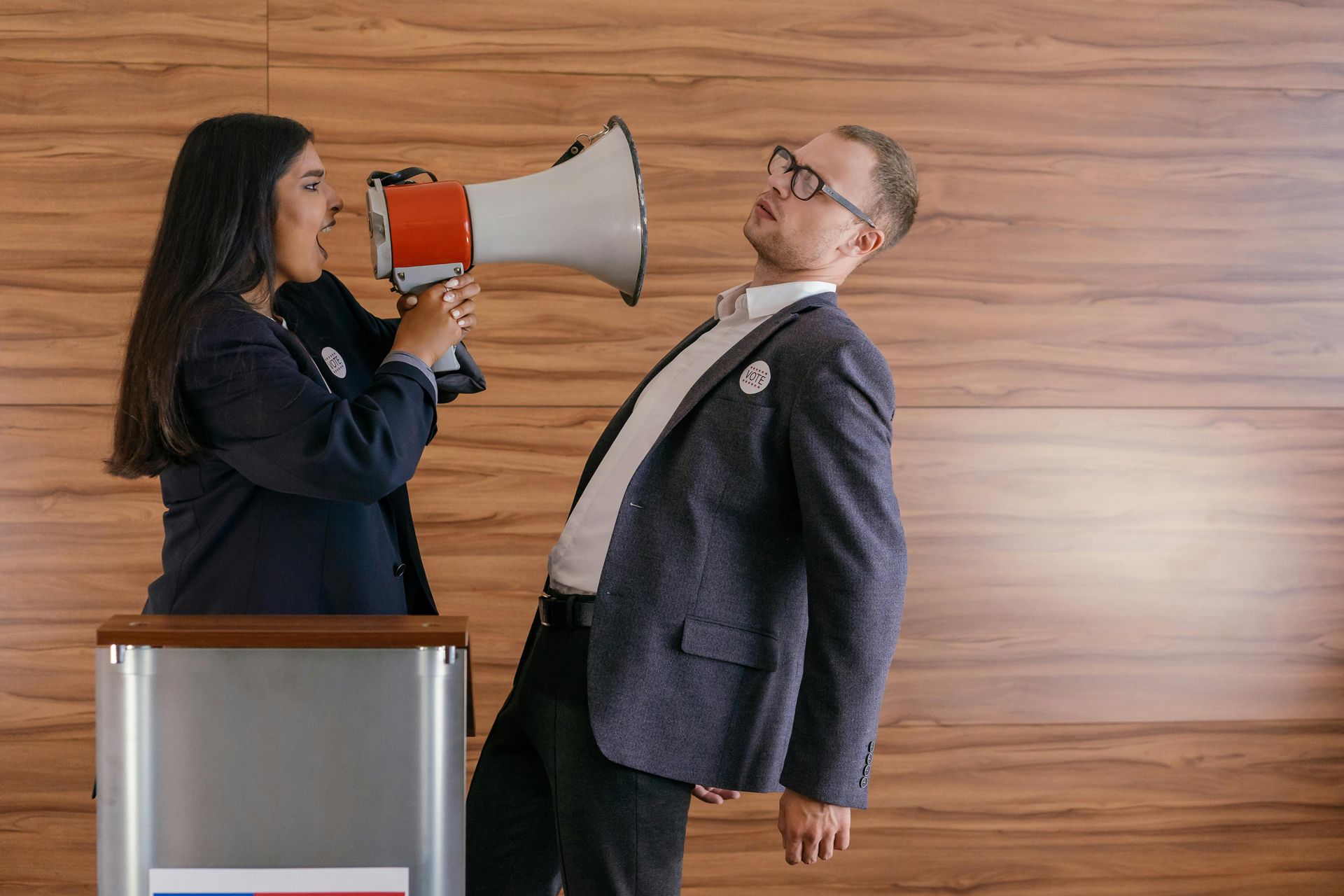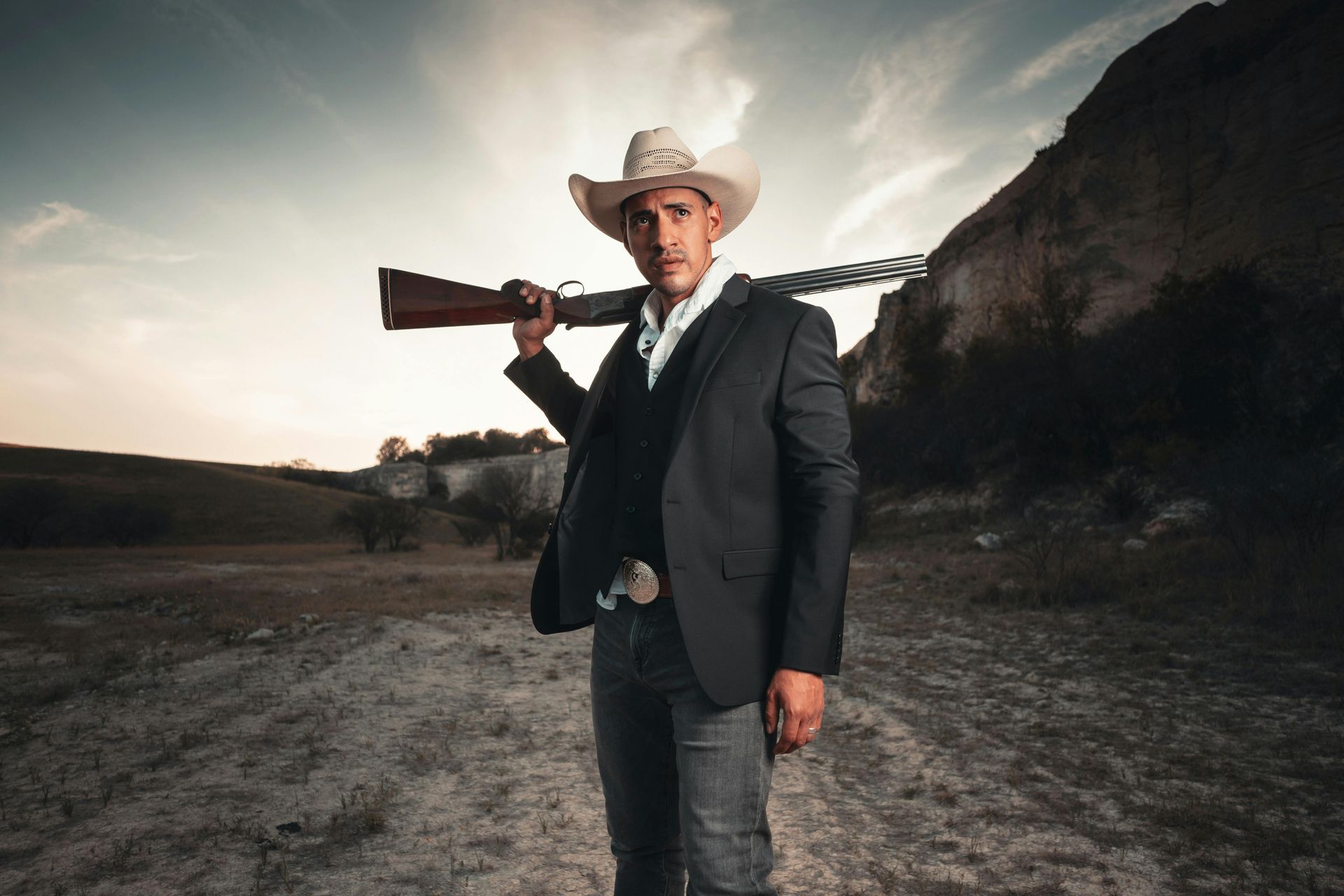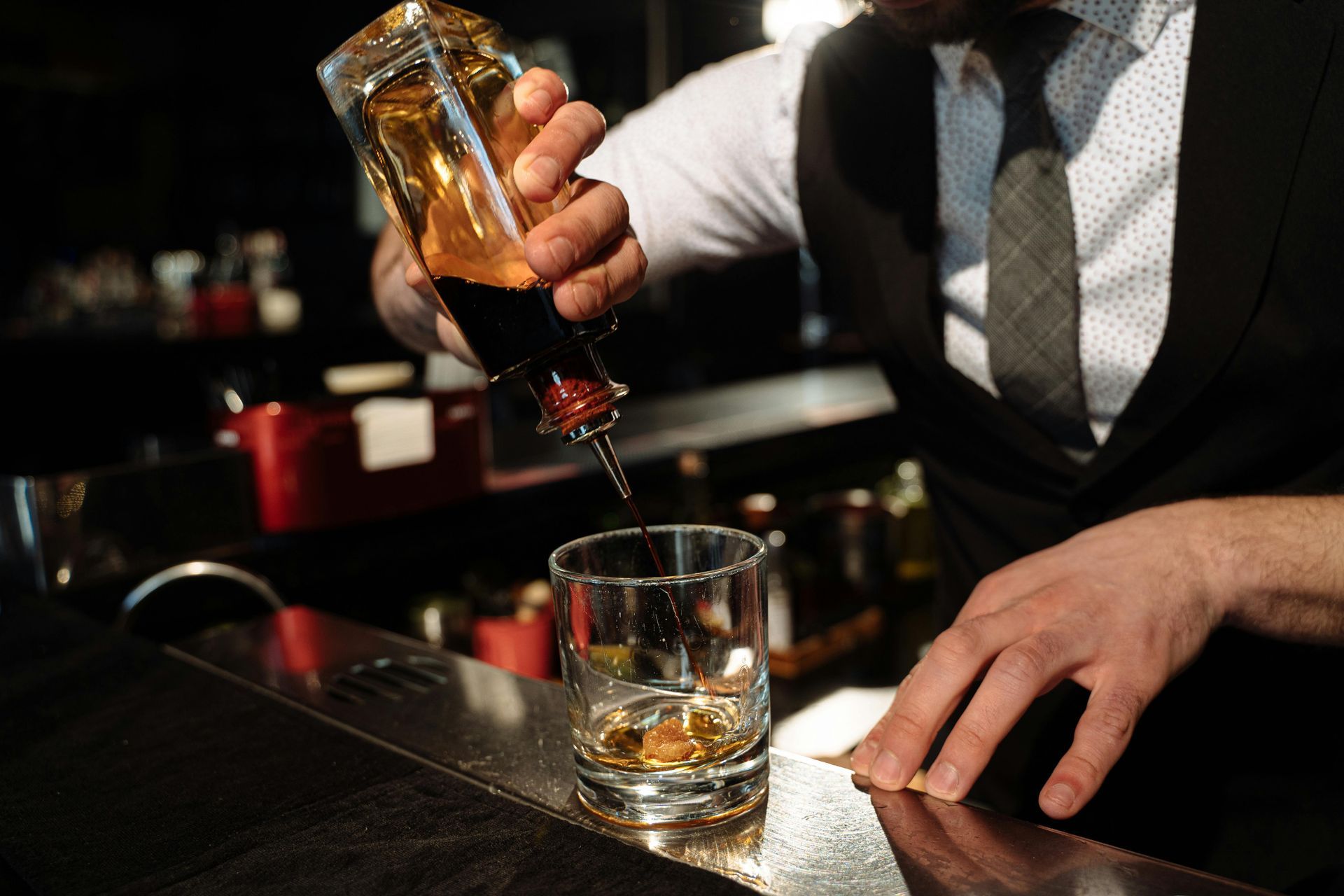RESTAURANT & HOSPITALITY LEGAL SOLUTIONS
We represent restaurants in the hospitality sector in areas of labor and employment law. Find out about the permits and licenses you need to open a restaurant.
HOSPITALITY LAW & RESTAURANT DEVELOPMENT
Starting Up A Restaurant, Bar or Hospitality Business
For over 20 years, the Wilson Legal Group attorneys represented restaurant and hospitality industry clients, franchisees, and franchisors, both at the regional, national, and international levels. Our Dallas attorneys assist in obtaining original liquor licenses nationwide and obtaining original operational permits and licenses required, such as health and restaurant. We have developed strong client relationships with hospitality companies and ownership groups representing restaurants and facility owners. Our lawyers can assist in leasing, health permitting, TABC licensing, trademark, copyright, drafting supplier and vendor agreements, dispute resolution, and data breach.
Common Legal Issues With Restaurants & Hospitality Businesses
- Liquor licensing;
- Texas Alcoholic Beverage Code compliance;
- Real estate transactions & acquisitions;
- Trademark and service mark registration;
- Alcoholic Beverage Code administrative violations and defense;
- Dram shop and liquor liability litigation defense;
- Entity formation, capital, and financing strategies;
- Protection and enforcement of copyrights; and
- Bankruptcy and receivership.
Common Legal Solutions For Restaurants & Hospitality Businesses
- Trademark counseling and litigation;
- Business transactions;
- Labor, employment, & workers compensation;
- Licensing and technology transactions;
- Importation and sales across state lines;
- Keeping up with Federal and state compliance codes;
- Executive compensation and employee benefits; and
- Dram shop and liquor liability updates.
Our Dallas restaurant and hospitality lawyers assist department stores, grocery stores, restaurants, event venues, hotels, resorts, and spas in navigating the unique issues restaurant and hospitality businesses experience. Hospitality businesses throughout Texas apply for and obtain TABC permits and licenses. We assist with public notification requirements, bond requirements (e.g., TABC conduct surety bonds and TABC performance bonds), and federal (TTB) permitting.
Dallas Restaurant TABC Attorney
Businesses such as bars, restaurants, liquor stores, and other establishments needing a liquor licenses must acquire those licenses through Texas Alcoholic Beverage Commission (TABC). It is important that business owners who sell alcohol have an experienced TABC attorney representing them before the alcohol commission to avoid a complex situation that can and do arise during the alcohol licensing process. Business owners need the help of an experienced TABC lawyer from the inception of their business through production and sale. Our Dallas lawyers provide strong legal advice and hands-on representation to help you with your state and federal alcohol licensing and permitting for these business types: Bars, Nightclubs, Hotels, Brew Pubs, Micro Breweries, Distilleries, Wineries, Wholesalers, Distributors, Importers, and Manufacturers.
Additional Restaurant & Hospitality Focus
Retail & Franchise Lawyer for Restaurants
Retail stores, bars, restaurants, convenience stores, and franchised businesses face unique legal issues as they must deal not only with the general public but face strict licensures from state and federal authorities. Our Dallas law firm provides businesses, retail stores, restaurants and franchises services to protect branding, trademarks , and other intellectual property (IP). We advise seasoned and start-up businesses on real estate contracts, commercial leases, buying and selling a store or business, and opening restaurants in Dallas. Our franchise lawyers can assist you in franchising a business or defending you in franchise litigation.
Dallas Restaurant Licensing and Permitting Attorney
The Texas Department of State Health Services (DSHS) requires all food establishments to obtain a permit from the appropriate health authority such as a city or county health department. In the rare event that a city or county health department does not issue permits, then the DSHS has the authority to issue the appropriate health permit. Generally, there exist 3 types of food permits: (i) fixed building establishment permits; (ii) mobile food or "food truck" permits; and (iii) temporary permits such as those found in state fairs or other transient establishments. Importantly, all for profit restaurants must secure a sales tax permit, a facilities permit and have at least one on-duty employee who is a certified food manager. Further, if your business intends to sell alcohol in Texas, you must secure a liquor license from the Texas Alcoholic Beverage Commission (TABC). Our alcohol and beverage attorneys can assist you in securing your liquor license .
Restaurant Health and Safety Issues
When starting a restaurant or other hospital business that sells food, it's important that there are many regulations and safety laws designed to protect food health and safety. Texas Department of State Health Services (DSHS) has many guidelines to be followed, and below are some of the known DSHD food establishment guidelines: Employee cleanliness (e.g., proper hygiene and handwashing); Employee health issues and reporting; Food standards (e.g., cooking, freezing, and reheating food);Cleanliness of utensils, temperature-measuring devices; Cleanliness of food-contact surfaces and equipment; Adequate water supply; Adequate plumbing and human waste disposal; Proper garbage storage and disposal; and Code compliance in constructing your facility.
CLIENT MATTERS
5,000+
YEARS OF SERVICE
25+
Award Winning
Recognized in the legal industry as dedicated board-certified lawyers and Rising Stars.
Expert Team
Your project will be handled by legal experts every time. You will have the most experienced attorneys working for you.











